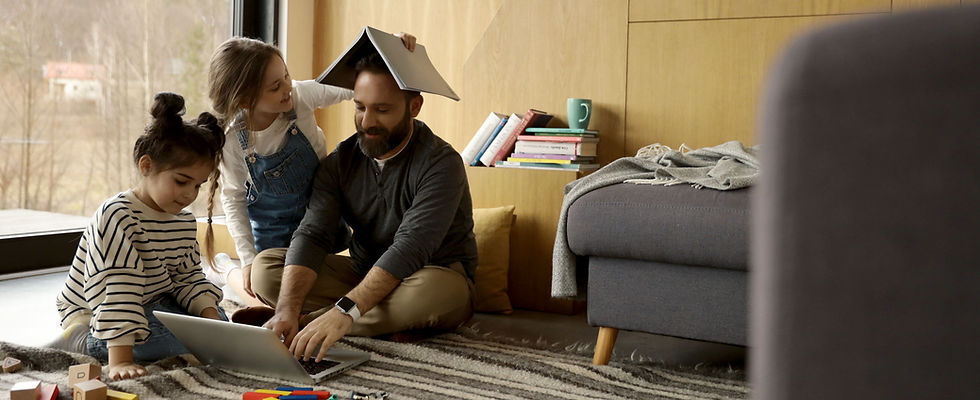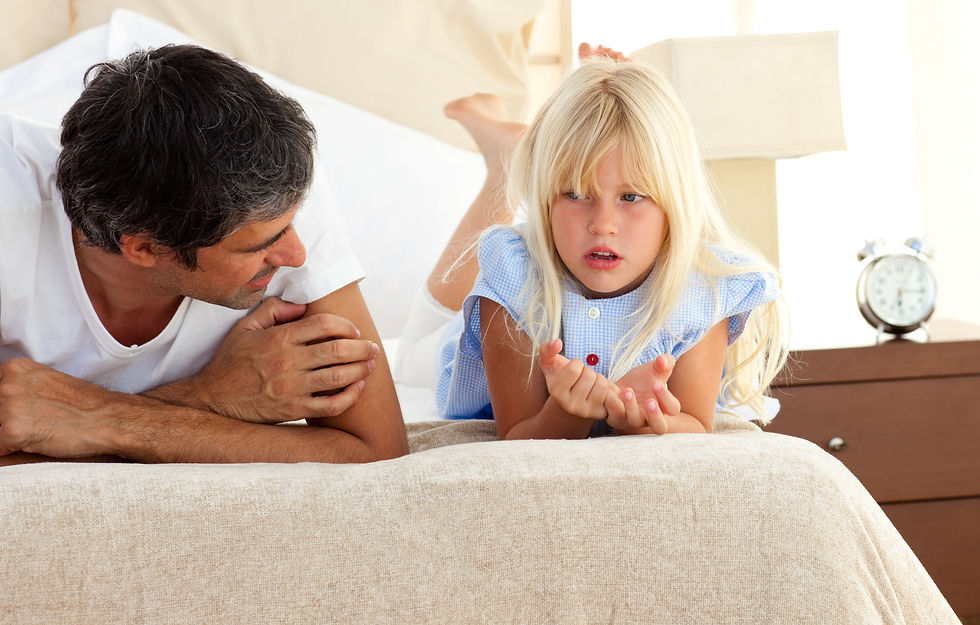7 tips for helping our kids in the time of COVID-19
- Protea Wellness
- Mar 31, 2020
- 3 min read
Updated: Apr 13, 2020

If you are parenting a child at this time, you are likely consumed with the day to day concerns of: “How do I keep my kid occupied while I work from home?” “How can I make sure my kid doesn’t fall behind in school?” and “How much screen time is too much?” Many parents are also worried about their kid’s mental health, social skills and general engagement with something other than IXL and their Xbox.
There might be reason to be worried as well. Studies show that kids who go through big and frightening events have more struggles with mental health in the future than kids who don’t go through this sort of event. All our kids- every kid in the world- is experiencing a big and scary event at this time. All our kids will be affected.
But parents can act to minimize impacts on your kid(s). You can’t take the stress away 100%, but you can try- in small ways- to alleviate some of it.
Here are some ideas:

1.) Put on your own oxygen mask. If you are stressed, make choices to reduce your own stress first, before you engaged with your child. Breathe in and out three times. Stretch. Walk around the block. Read a book for fun. Drink some tea. Tell your kid, if they notice your stress rising, what you are doing to relieve your own stress and do it. Ask your kid to breathe with you or walk with you if they want. But even if they don’t want to go along with you, take care of yourself. They will notice and it gives them permission to care for themselves.

2.) Practice what I call “Elsa parenting.” Meaning: let it go. Not everything, of course, but you may not be able to maintain the high standards you have maintained at this time. Your kitchen maybe a wreck. Maybe your kids aren’t doing all their schoolwork. Maybe everyone is watching more TV than normal. It is OK to let some stuff go, for your sanity and for the sanity of others.

3.) Talk about feelings and how you are doing. Ask your child how they are doing. Acknowledge and validate all your child’s feelings. There may be dozens of emotions happening at once. If your kid has trouble identifying emotions, make a list or print off an emotion color wheel. Expect complex, and at times opposite emotions.

4.) Take time to connect with your kid. If you are telecommuting, take the time to play a game or draw a picture with your kid during a break in your work. If you aren’t telecommuting, get that time with your kid at other times of the week. If your kid likes to game, sit with them while they are play and have them explain the game. Spending time with your child will help them stay connected to you and feel safer.

5.) Respond to questions from kids honestly. Kids are hearing rumors and incorrect statements online or even on the news. Limit information sources to ones that are reputable and not fear-mongering. If you don’t know the answer to your kid’s question, tell them that and look it up with them, from a reputable source. Let kids know too, we don’t know everything right now.

6.) Help your kids be social in the virtual world. Facetime playdates, Minecraft gatherings, Zoom dance class…take advantage of tech to keep your kid connected. While I’d usually say 3 hours of Minecraft a day is a lot, if it is the only way your kid can be social, it may be less of a problem than your child feeling isolated. Help your kids talk to their grandparents this way too, if their grandparents can use the technology on their end.

7.) Give your kid a job, or jobs. It can be a simple task, but kids who feel like they can help and contribute increases feelings of self worth. Ask them to wipe the doorknobs with cleaning solution twice a day. Or ask them to help you garden or vacuum or cook. Let them help and remind them that their actions impact others.
Even though we all want to shelter our children from this hard time in the world, we can't. Embrace what you can do. If your child is really struggling, therapists are still seeing kids, either in office or through telehealth. If you have concerns, reach out. The more support kids get now, the better they are likely to be in the future.
Written by Katie Jo Glaves, LMFT, CMHS
Find Katie Jo at: www.proteawellness.org/katiejo



Comments